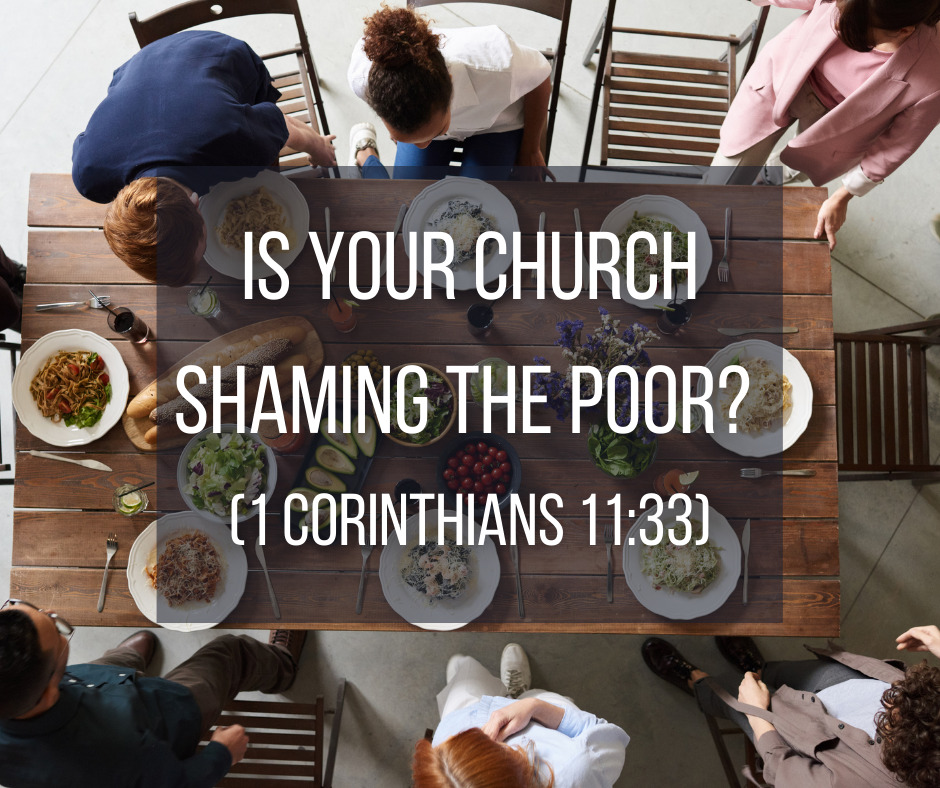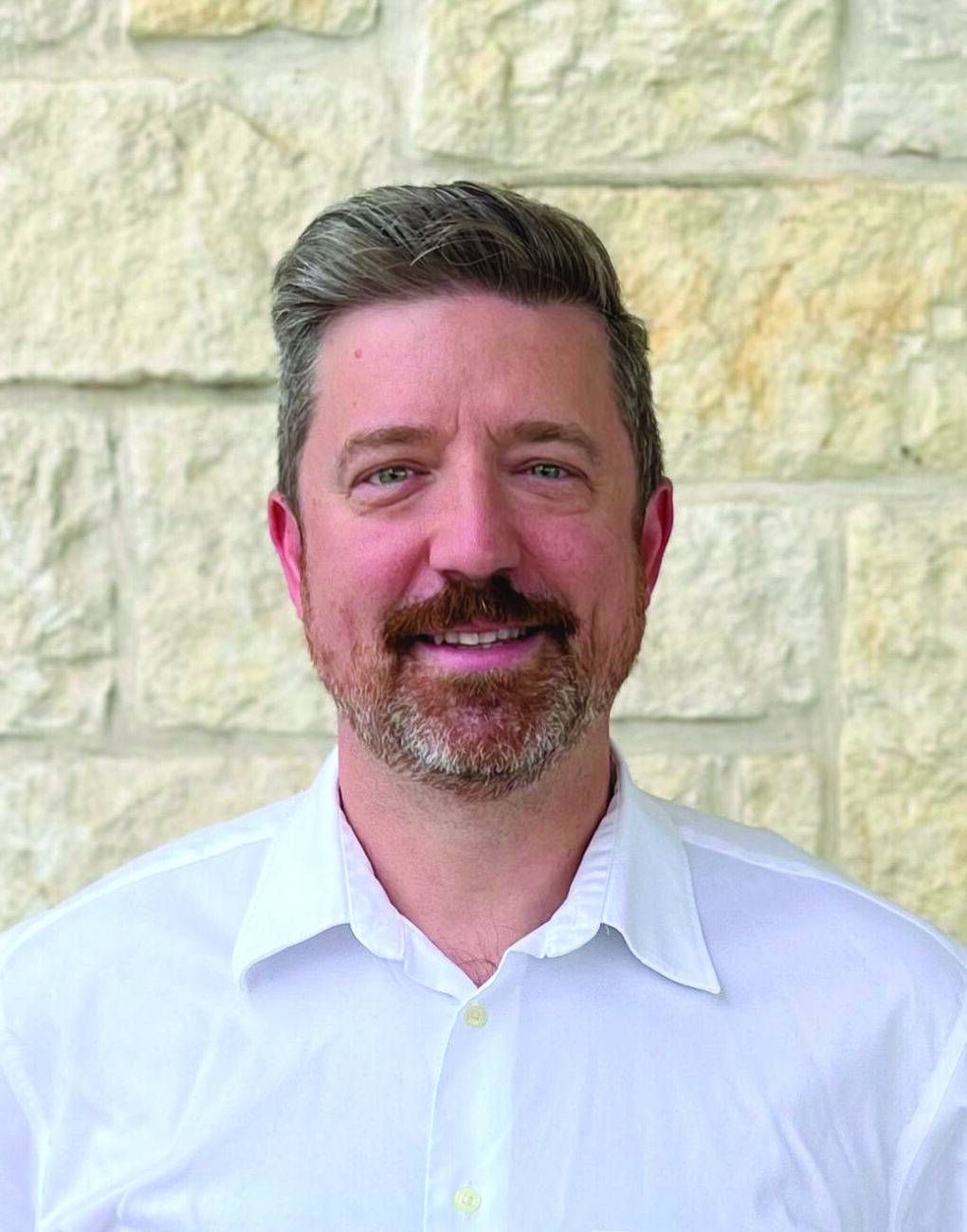Therefore when you come together in one place, it is not to eat the Lord’s Supper. For in eating, each one takes his own supper ahead of others; and one is hungry and another is drunk. What! Do you not have houses to eat and drink in? Or do you despise the church of God and shame those who have nothing? What shall I say to you? Shall I praise you in this? I do not praise you…Therefore, my brethren, when you come together to eat, wait for one another (1 Cor 11:20-22, 33).
When the first believers celebrated the Lord’s Supper, they ate a full meal. It was not a ritualized token meal, but a true supper—a deipnon—the ordinary evening meal. In fact, for most people in the ancient world, the deipnon was their main meal and primary source of nourishment.
As with a Jewish family meal, the Lord’s Supper began with the bread, continued with the supper and then ended with the cup “after supper” (v 25). The order was bread > supper > cup.
Eating a communal meal provided a natural and practical way for Christians to minister to the poor by feeding them (cf. Acts 6:1). Wealthy Christians not only provided the homes to meet in but the food to eat.
However, things did not always go as smoothly or as charitably as they were supposed to.
Corinth’s problem was that wealthy Christians seemed to have met earlier to eat a sumptuous supper before the slaves and poor freedmen could arrive. The wealthy would have been free to eat at their leisure, while the slaves and workers scrambled to gather for the Supper. The rich ate their fill, while the poor went hungry.
For Paul, that kind of division defeated the purpose of the Supper. Not only did it proclaim the Lord’s death, but the one loaf symbolized the unity of the one body (cf. 1 Cor 10:17). So if people ate separately, that was a sign of division, not unity, meaning they did not eat a Lord’s Supper at all. Instead of shaming those who had nothing, it would be better for the rich to eat at home.
So what was the solution?
Simple—wait for one another. The verb could also mean receive one another. Either way, the application is the same.
In other words, Paul urged the wealthy to demonstrate normal hospitality to everyone—rich and poor alike. Instead of eating early, they should wait to eat with the poor. Instead of feeding the rich better than others, they should receive everyone equally. As Gordon Fee says, Paul urged “the ‘have’s’ to make sure that the common meal in honor of Christ includes the ‘have-nots;” (Fee, Corinthians, p. 629).
In a thick Christian community, people will come from different economic and social backgrounds. Those differences can matter a great deal in the world, but they should not in the Body of Christ. The rich should not receive better treatment than the poor, and the poor should not be shamed for being poor. Instead, the community should receive all believers equally. If anything, the rich should be especially careful not to be prejudiced.
The Lord’s Supper is a profound proclamation that we are all equally dependent on God’s gracious provision through the death and resurrection of Jesus for our salvation.
The world is divided. But the Body of Christ should be united. Make your Supper a place where the church warmly welcomes people who feel rejected and shamed by the world. Let your celebration of the Supper be a reflection of the love Christ has for everyone in the Body.





